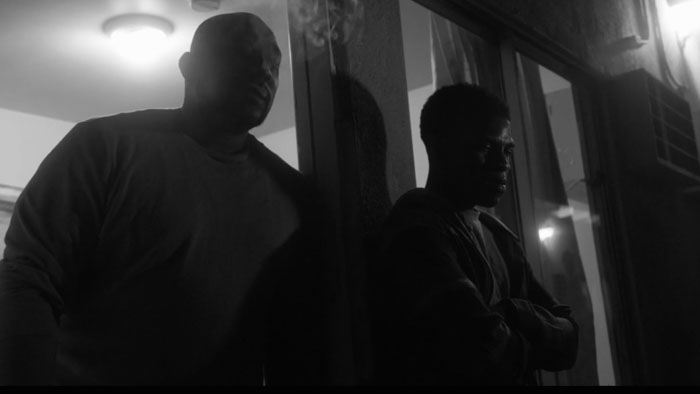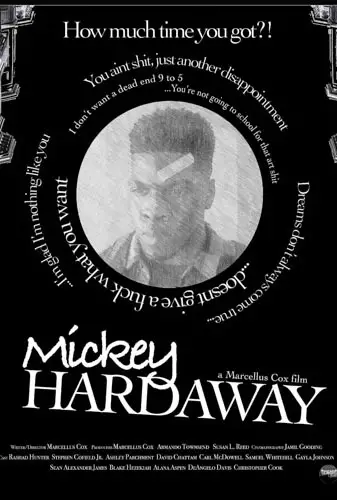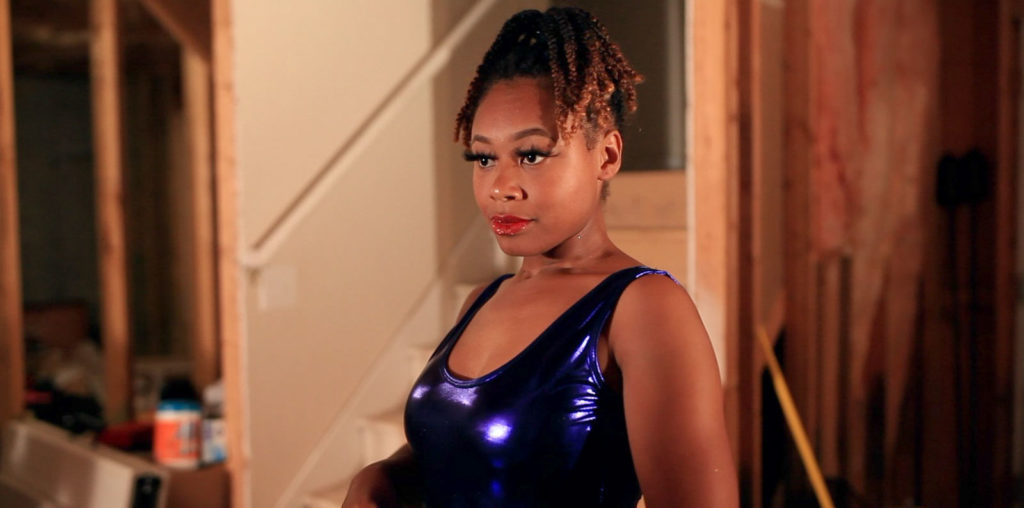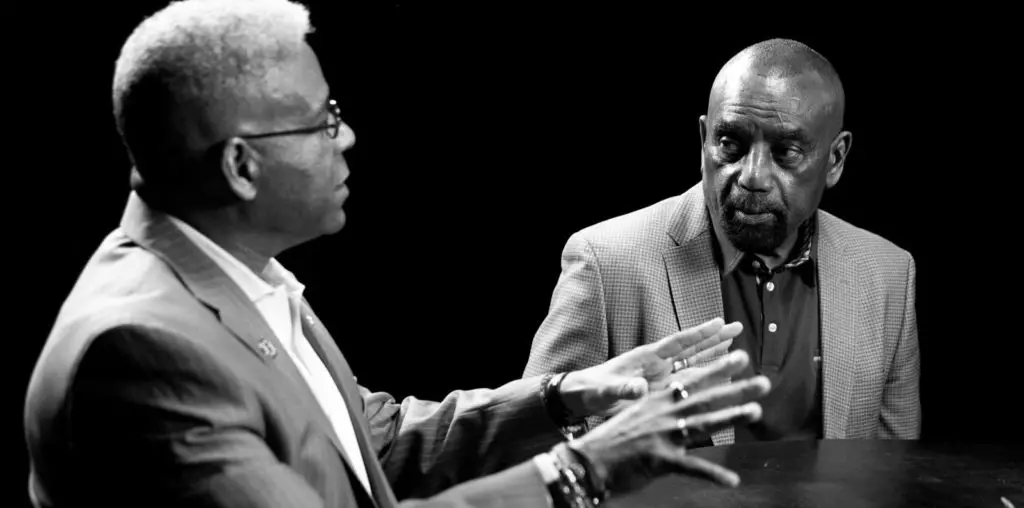
Marcellus Cox’s Mickey Hardaway follows a young, troubled graduate whose lasting trauma causes him to face severe barriers in making a decent living and career. Yes, the story is pretty straightforward. It may also seem occasionally predictable, given that the writer/director opens the drama somewhat with a climactic altercation. Flashbacks are used to paint this vivid and comprehensive picture of a young man’s life sprawling out of his control despite making the right calls. But can you erase and subdue all those experiences or ignore their lasting impacts and consequences?
Cox’s awe-inspiring dramatic noir is a psychological study of the same question, spilling out several important tropes. Mickey (Rashad Hunter) is an aspiring artist and animator who has grown up to be an excellent student despite turbulent household circumstances. Director of photography Jamil Gooding’s non-linear editing gives us visual insight into those troublesome moments in his home. He’s hardworking, just, and compassionate, leading him to decide to carve out his own life.

“…a young, troubled graduate whose lasting trauma causes him to face severe barriers…”
Hunter is the movie’s life and breath. The titular character’s life is a canvas of substantial downs, and Hunter’s expressive and indicative performance brings meaning to the emotions. The filmmaker’s insightful detailing of Mickey’s backstory further makes Hunter’s acting more intimate and thought-provoking. Using minimal analogies and dramatic connotations, Mickey comprehensively narrates his story. And to its advantage, the flick becomes more realistic, personal, and relatable.
At some level, it seems that Micky Hardaway is drawn from an experience that’s either lived or witnessed. The African-American male is from South Central, Los Angeles, and grew up in a suppressive, restrictive home. The mental health degradation caused by reliving those memories has Mickey seek therapy, which dives deeper into his frame of mind. Cox seems to have put in something with a broader scope of understanding here.
At one point, the therapist, Cameron Harden (Stephen Cofield Jr.), suggests that the lead’s pain could result from something passed down in his family during his upbringing. It’s an intriguing remark on generational trauma and an outcry for its acknowledgment and immediate remedy. Cox has put a lot of input into dialogue as well. The conversations between the actors about the aforementioned trauma perfectly shed light on how generational trauma drives people’s professional and personal spaces.

"…written with much elegance and grace."


